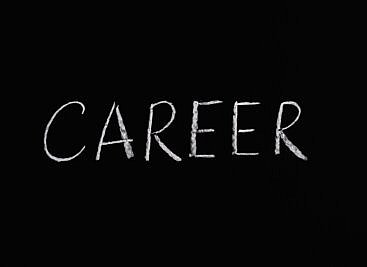Many positive steps but care is needed.
Every day I read articles about both the strides that have been made in enabling opportunities for successful career women, especially at the senior level. But there is an equal number it seems lamenting failures and highlighting more or less egregious examples.
Life is nuanced and not soundbite.
Even the events of 2020 reveal two sides: on the one working from home might have made life much easier for women in the workforce especially working mothers, particularly in professions like management consultancy where long hours and travel are often the norms.
On the other difficulties with childcare, homeschooling and the “always-on” aspect of home working seem to have disproportionately hit women.
Care is needed to both embed the advances of recent years but also to avoid squandering goodwill by overlooking the potential for appearances of unfairness.
Indeed is discriminating in favour of women by definition discriminating against men?
On some occasions, I have been asked to favour female applicants.
Once a major UK PLC explicitly said to me they wanted a female-only shortlist. I took legal advice and was told: “if the male and female candidates are equally well qualified you can then give preference on the basis of gender”. (There are of course caveats). Fortunately, the project was cancelled before it became awkward. However, I was left with the clear impression that this was not the first time they had asked an external recruiter to do this.
On another occasion a PLC told me “we would be really keen to have women on the shortlist” and on further enquiry, it seemed that I should not favour them exactly but in situations where I might have discounted male applicants should perhaps look twice before doing so with females.
The final occasion was a private management consultancy employer (every Partner in the business is currently male) who had an all-male shortlist for a role and when asked “are you considering late applicants” answered, “ yes if they are female”.
In the above examples I suspect many might view the first as unacceptable, the second as a bit dubious (not to mention demeaning to the women) and the last as harmless and probably OK.
There has been much angst and commentary of course about “positive discrimination” and there is not space here to reprise all the arguments. But in an HR and recruitment context, it seems to me unavoidable that if you have a finite number of vacancies (often one) and an elastic but ultimately finite number of slots on a shortlist (say three to five) then by definition if you are favouring females you are disadvantaging and discriminating against males.
It is sometimes easy to view this debate as a bit remote but an ethical and responsible recruiter will always be aware that they are in practice dealing with very real people and their very real lives and making decisions as a result of which someone’s professional life could take a very different course.
It is vital that both politicians and other leaders take the initiative with societal changes but it is vital that society, in turn, sees them as fair and meritorious. There is considerable evidence that some of the shocks in the political landscape of recent years have been because of people feeling left behind and without a voice while high minded and increasingly remote decision makers push on regardless.


